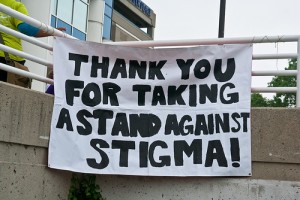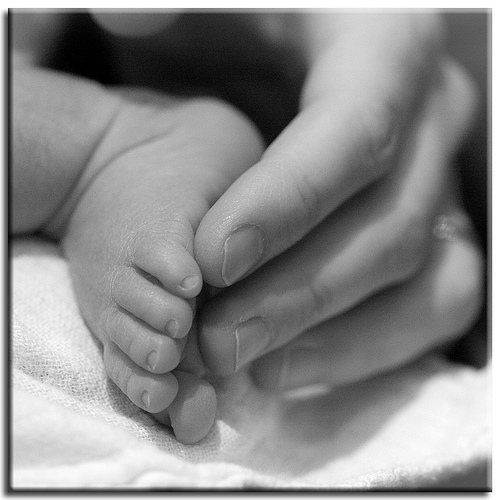1. It’s not my fault. As much as we humans like to be in control of our lives, the likes of depression, anxiety and PTSD are not things we can control. They happen to us, and we deal with them as best we can.
2. It has absolutely no bearing on whether I am a good or a bad person. The fact that I made some bad decisions twenty years ago that triggered a whole mess of crap does not mean I don’t deserve to be happy and well.
3. The fact that an illness exists inside a person’s mind rather than in another part of their body does not make it any less of an illness. Mental illness should be given the same respect as physical illness.
4. Mental illness can, if left untreated, be fatal. Suicide and suicidal ideations are not selfish, as many people believe. They are manifestations of an illness. People contemplating suicide do not necessarily want to die, they simply feel that there is no other course of action available to them.
5. Depression is not the same as sadness. Being depressed is like being in a black pit of despair from which there seems to be no escape.
6. There is not always a reason for depression. If someone tells you that they are experiencing depression, please, please, please don’t say things like, “But you have so many great things in your life to be grateful for.”
7. I am not alone. Although my specific circumstances may be unique to me, I don’t have to look far to find someone who more or less understands what it’s like.
8. Far too many people either die or spend their lives in a state of absolute anguish because they fear the stigma of mental illness, so they choose not to talk about it.
9. Mental illness is the same as physical illness in terms of treatment: what works for one person won’t necessarily work for everyone. You have the right to make choices about your treatment, just as you do for a physical illness.
10. People with mental illnesses can, for the most part and with the right support, function well in society. They can be successful in their careers, make valuable social and economic contributions, and maintain healthy relationships with the people around them.
This is an original post by Kirsten Doyle. Photo credit: Bell Let’s Talk.














